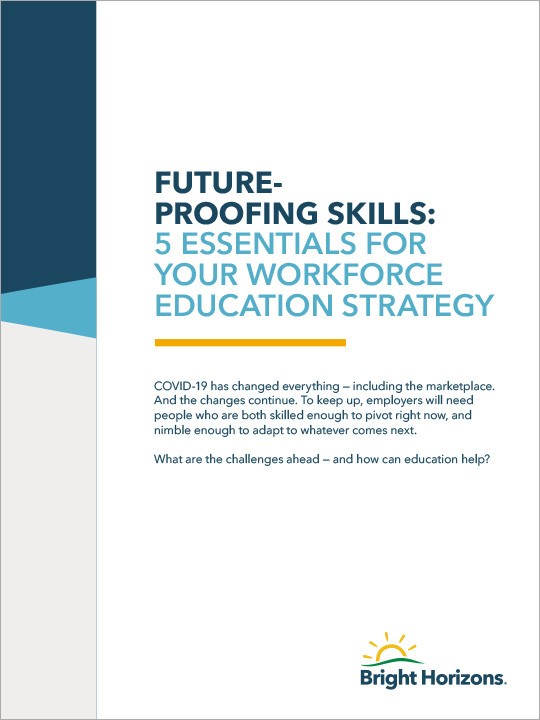A key factor in higher education quality and assurance is the concept of accreditation at both the institutional and programmatic levels. Accreditation continues to be the gold standard ‘stamp of approval’ within higher education. As the name surmises, institutional accreditation applies to the academic institution (college or university) as a whole. It is a voluntary process that assesses program delivery, faculty governance, and student outcomes, among other areas, for the overall college or university. It also plays a key role in determining whether a college or university can provide federal student loans.
Programmatic accreditation on the other hand, while focused on similar key areas, has a scope that is specific to a degree area within the institution. Common degrees areas with programmatic accreditation include business, engineering, and healthcare areas such as nursing. Additionally, a key aspect of accreditation is it is an ongoing process, and not simply a single box to check for a school. Once a college or university has applied for, and been awarded, accreditation there is a continual assessment and review process to ensure standards are being maintained.
Which Is Better?
A frequent learner question is ‘Should I look for institutional or programmatic accreditation?’ The answer is actually both. As colleges and universities want to ensure they are providing academic programs that meet academic and industry standards, they commonly rely on a combination of both institutional and programmatic accreditation. A common example would be the overall university having regional accreditation through the Higher Learning Commission (HLC) and the business programs offered by the school having programmatic accreditation through the Accreditation Council for Business Schools and Programs (ACBSP). A level of quality assurance for the overall university, and a second level specific to the business programs. A win-win for learners and organizations.
Accreditation Changes
Over the past year, talking points around institutional accreditation in particular have surfaced more frequently. Traditionally, institutional accreditation in the U.S. has been divided into a regional vs. national approach. Regional accreditation has long been considered the gold standard for colleges and universities while national accreditation focuses more on vocational programs. A key distinction between the two relates to transferability of college credit. Courses taken at regionally accredited schools are more widely transferable which is a key concept for learners. In July of 2020, the Department of Education (DOE) stated they would no longer distinguish between regional and national accrediting agencies, instead relying only on institutional vs. programmatic terminology. This change did not create or remove any institutional accrediting agencies, instead it just lumped them all together. From a Bright Horizons perspective, this announcement did not change our approach to guiding learners. While the use of terms may have changed, we still consider the concept of regional accreditation to be the gold standard within higher education. This, in conjunction with programmatic accreditation are key areas to look for and we continue to advise learners in this manner.
Non-degree Impacts
In addition to accreditation type, another aspect of learning that continues to gain momentum, are short courses and other non-degree learning programs. Whether these programs are offered through universities, or online platforms such as Coursera, Udacity, or Udemy, the short-term approach draws interest from prospective learners. So, are these programs accredited? In many instances they are not, as they do not provide an opportunity for transferable college credit. At a college or university level, direct accreditation only applies to programs that provide recognized college credit.
For more information on accreditation, or to determine if a specific school is accredited, a great resource is the Council for Higher Education Accreditation (CHEA).




